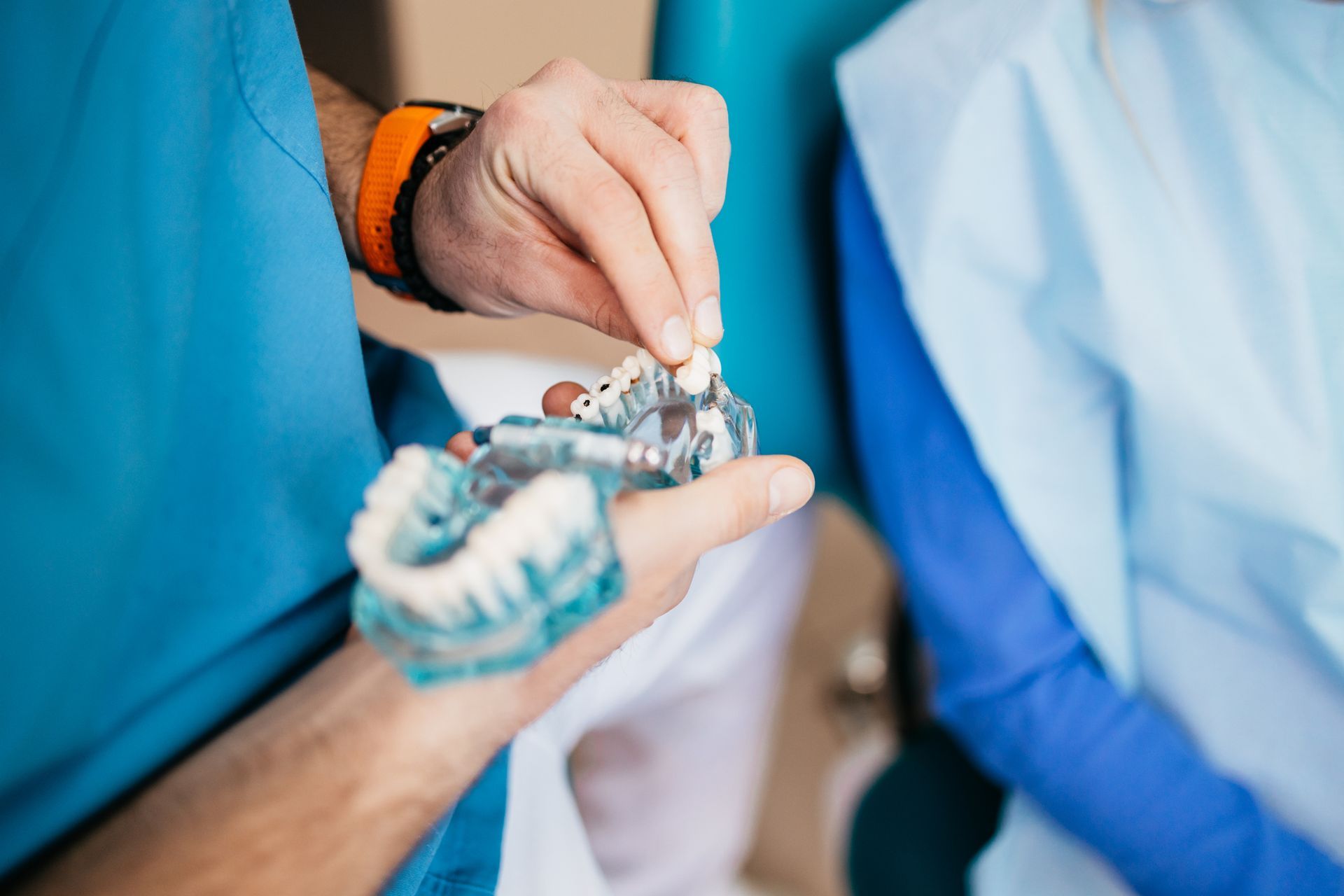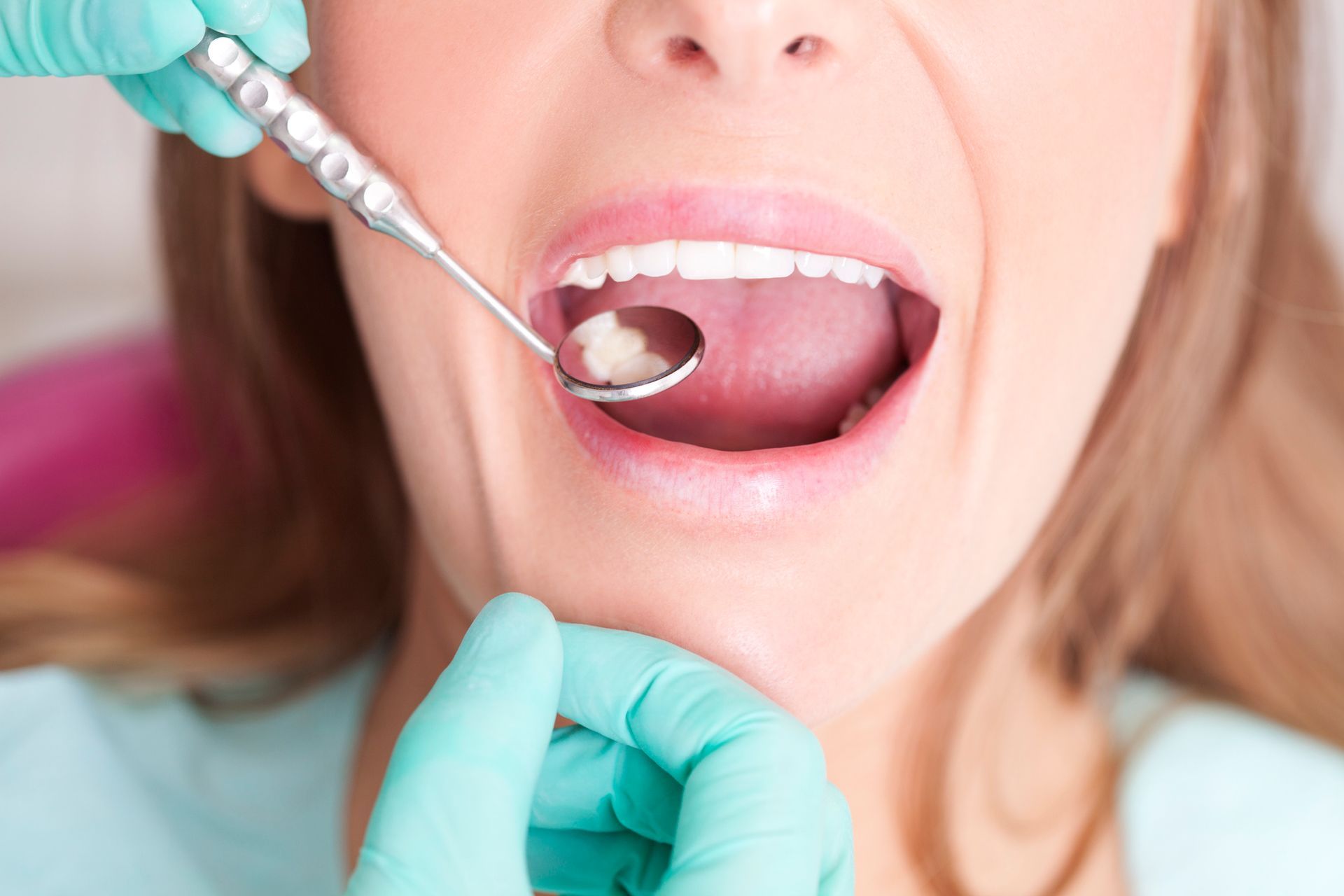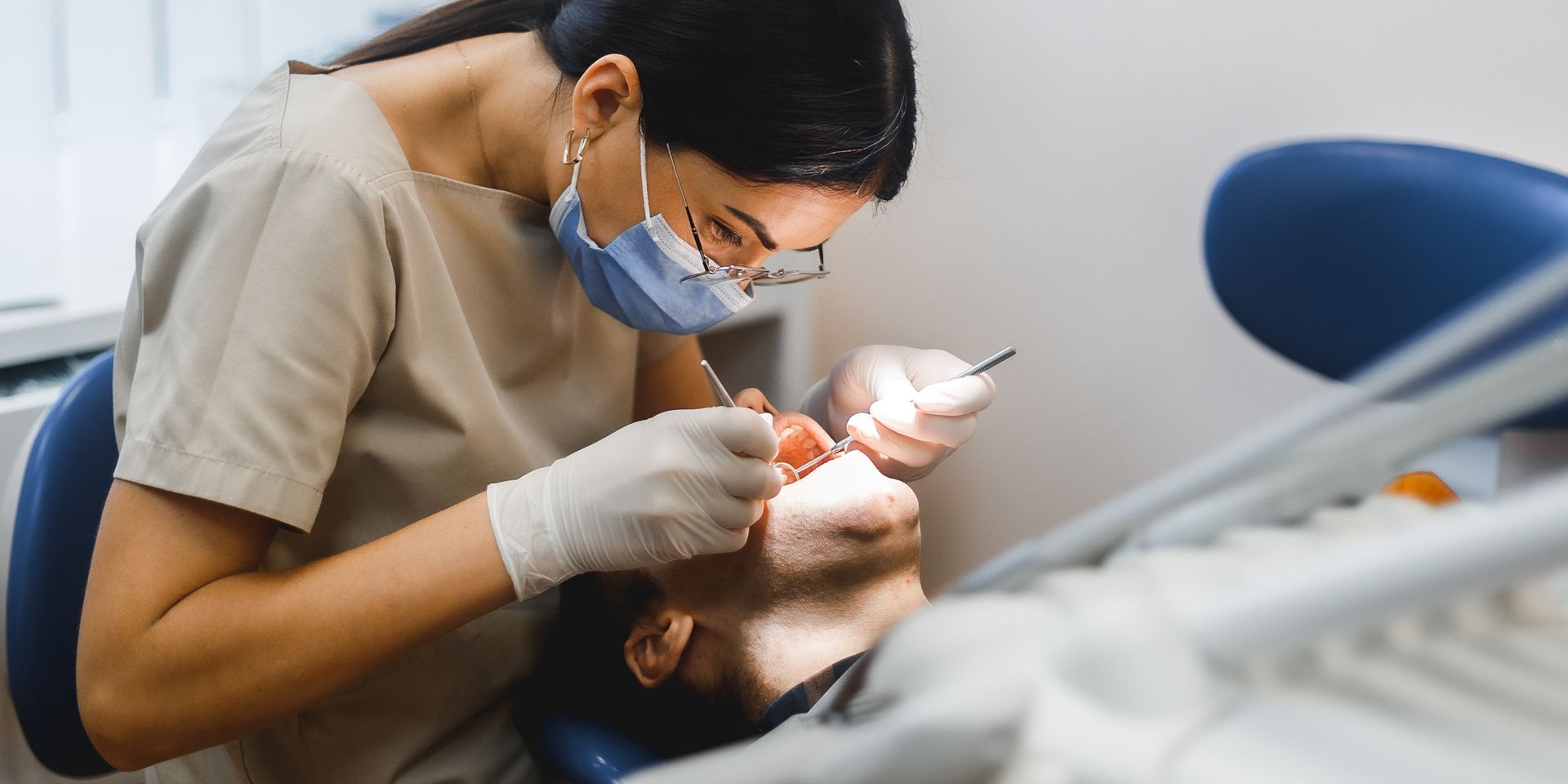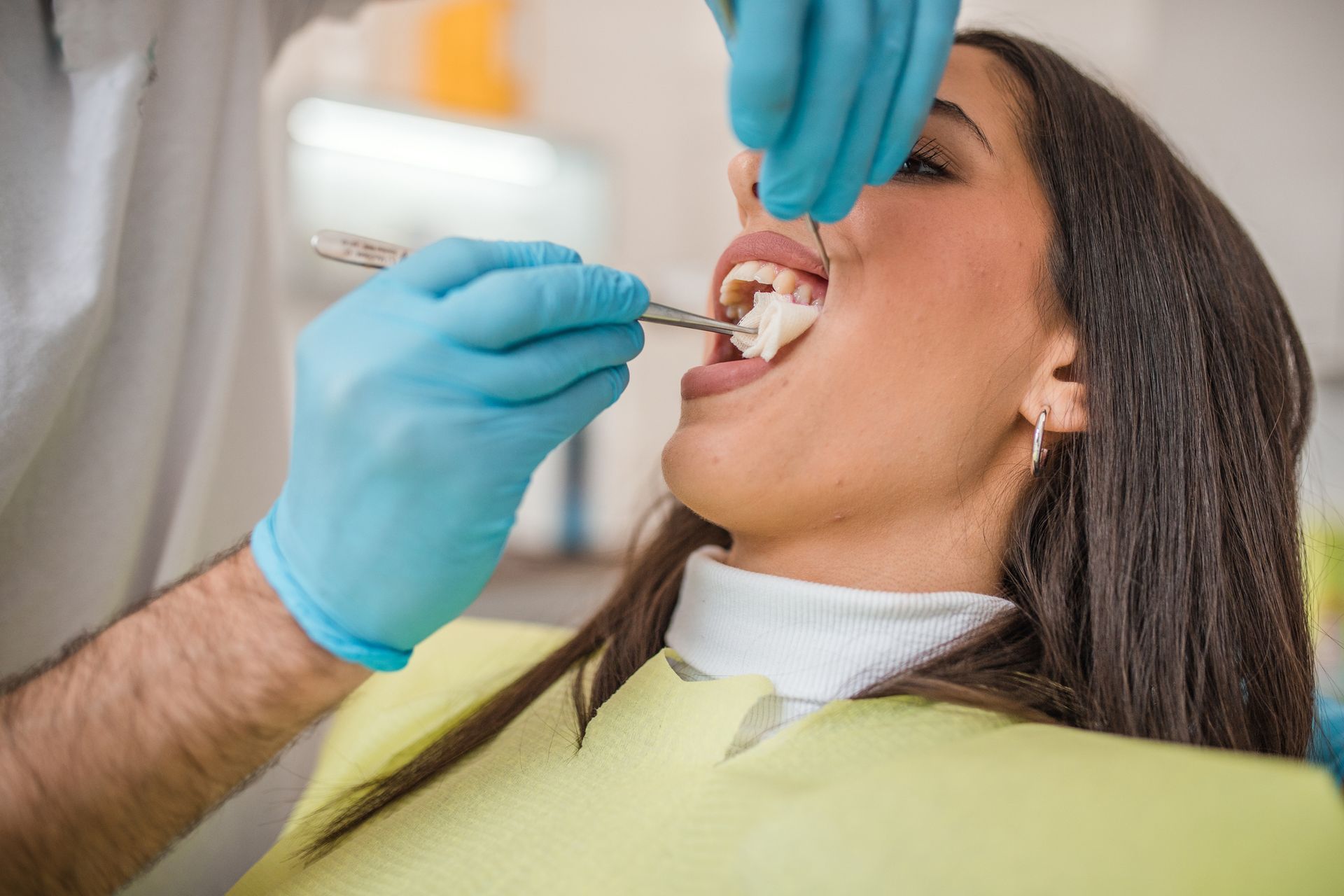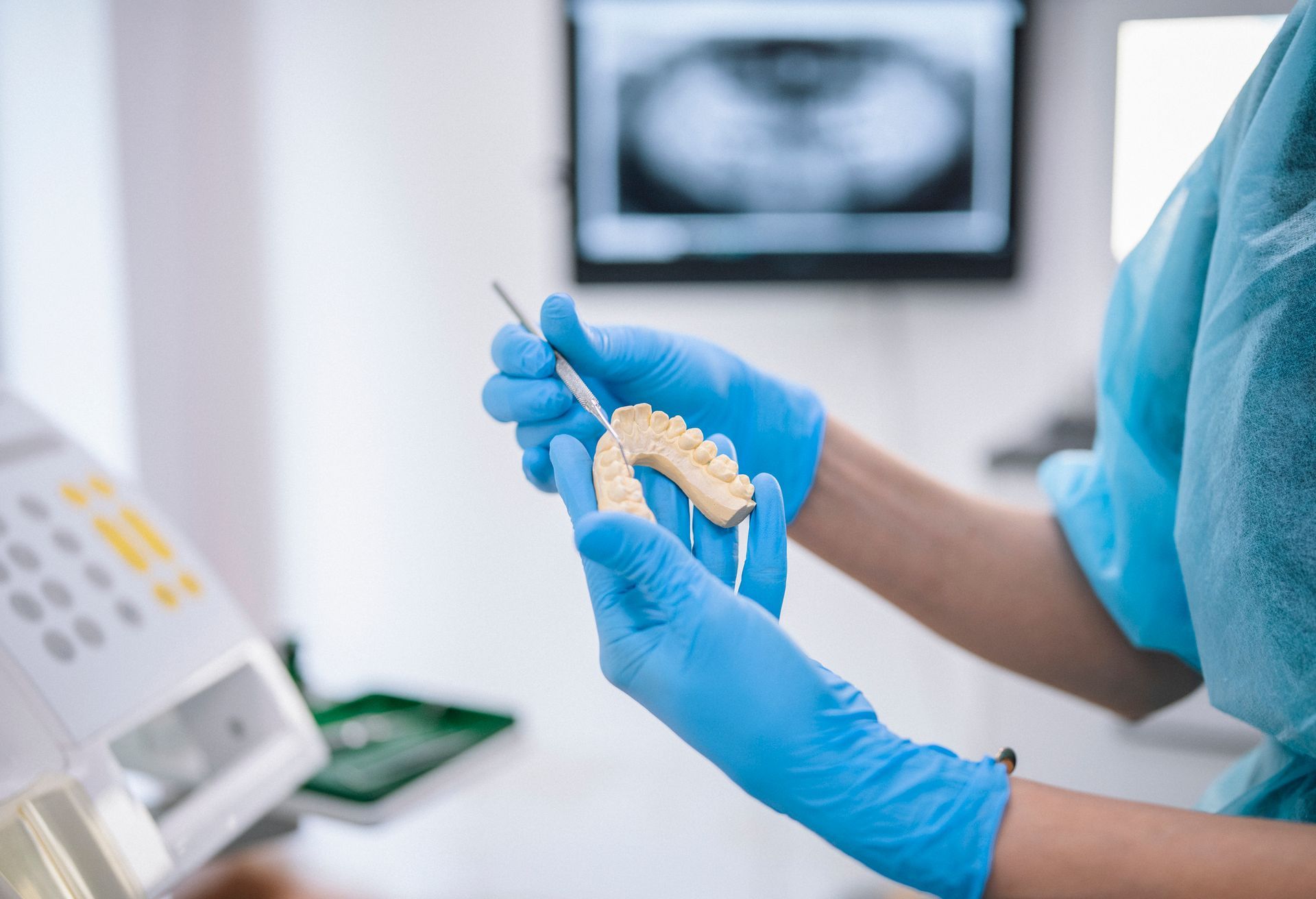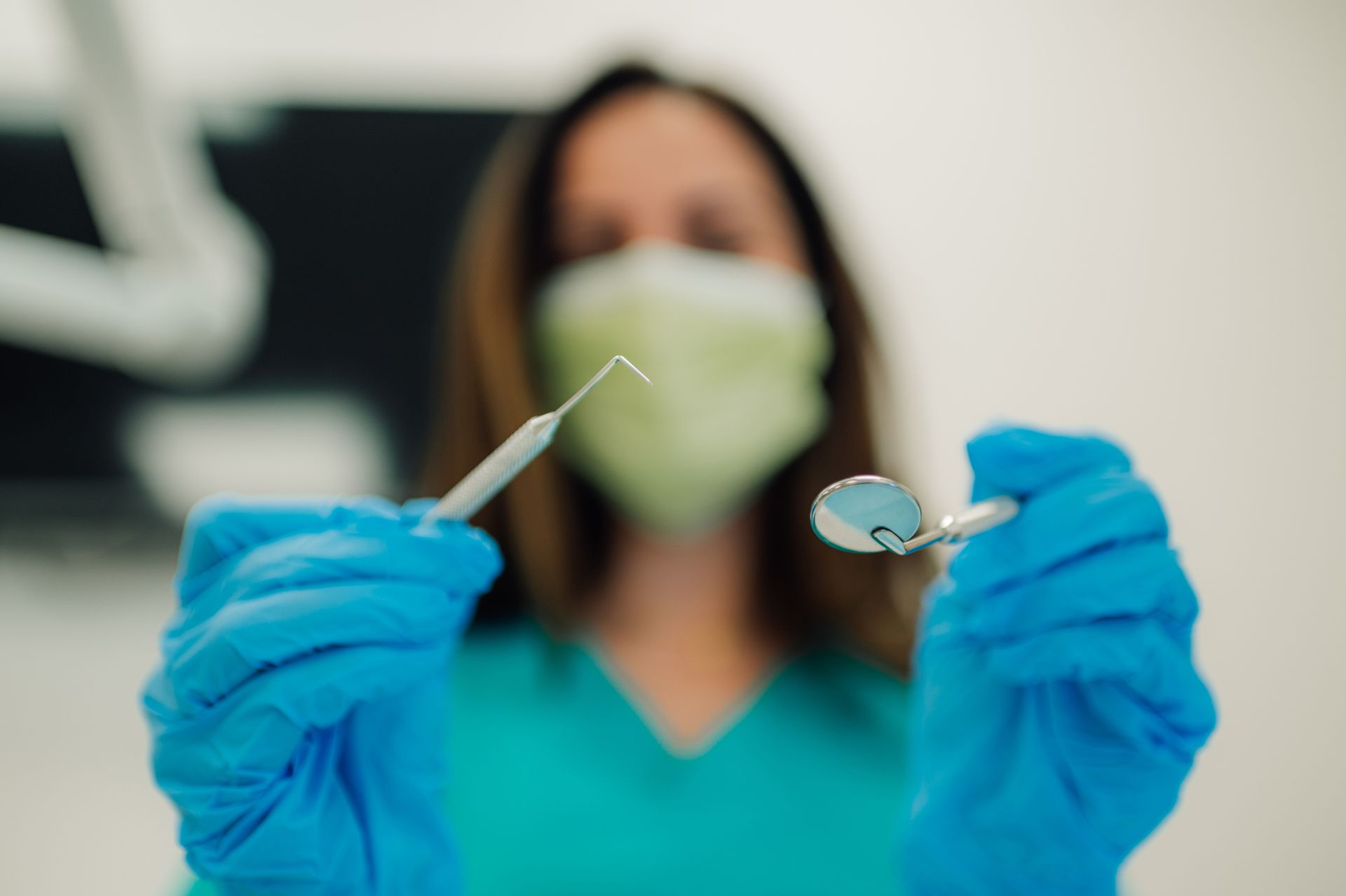Your New Braces
Congratulations on having your braces fitted! Your new smile is on its way. Until then, proper care is essential to ensure smooth progress.
Care Instructions:
Diet—what to avoid:
- Hard foods—lollies, popcorn kernels, ice, pretzels
- Sticky foods—chewing gum, caramel, lollies
- Meat – cut off the bone rather than chewing
- Soft drinks—high sugar/acid content
Oral hygiene:
Brush carefully for at least three minutes after every meal. Rinse thoroughly to remove plaque or food debris. Poor brushing can cause white spots or cavities.
Sensitive teeth: Discomfort and wobbliness are normal. Take paracetamol or ibuprofen if needed.
Mouth ulcers: Use wax provided for any sharp spots irritating lips or cheeks.
Fluoride: Use a fluoride mouthwash or tooth mousse to prevent decay.
Appointments:
Attend all scheduled visits; broken appointments can extend treatment time.
Aftercare:
Your teeth will move towards their ideal position with consistent care and cooperation. If you encounter any issues, discomfort, or have questions, please do not hesitate to contact us.
Crown & Bridges: After Your Tooth Preparation
Today, we prepared your tooth/teeth and placed a temporary crown/bridge. Please follow these important instructions until your final appointment:
Care Instructions:
- Avoid Biting: If a local anesthetic was used, be careful not to bite or burn your numb lips, cheeks, or tongue. This can last for several hours.
- Keep It On: The temporary crown/bridge must stay in place to protect your tooth. If it comes off, call or email us immediately to have it re-cemented.
- Food: Avoid chewing or biting directly on the temporary and steer clear of sticky or hard foods, as the temporary is easily broken.
- Sensitivity & Pain: You may experience some temperature sensitivity. This is normal. Take Paracetamol or Ibuprofen for any discomfort.
Aftercare:
Temporary restorations protect your teeth until the permanent crown/bridge is cemented. Contact us for any issues or discomfort.
Crown & Bridges: After Cementing Your Prosthesis
Congratulations on your new crown/bridge! Here are key instructions to follow after your appointment:
Care Instructions:
- Numbness: If we used a local anesthetic, be very careful not to bite or burn your lips, cheeks, or tongue while you are numb.
- Sensitivity: It is normal to feel sensitivity to hot, cold, or pressure. This should subside over several weeks. If it does not improve, please let us know.
- Your Bite: Once the numbness wears off, if the tooth feels "high" or your bite feels off, call us immediately so we can adjust it for you.
- Daily Care: To keep your restoration in perfect condition, brush and floss daily. If you have a bridge, use interdental brushes or X-Floss every day to clean underneath it.
- Potential Complications: If the tooth was close to the nerve (due to large decay/cracks), it may be more sensitive. While the nerve usually settles, persistent or increasing pain could indicate a problem requiring a root canal or extraction. Contact us if symptoms worsen.
Aftercare:
Proper care ensures long-lasting function and comfort. Contact us if sensitivity persists.
After Your Filling
Congratulations on your new filling! The amount of sensitivity you feel depends on how much work your tooth required. Please read these instructions:
Care Instructions:
- Sensitivity is Normal: Sensitivity to cold temperatures is common and should begin to fade within a couple of weeks. If sensitivity lasts longer than that, it may be normal for you, but it should still show signs of slow improvement.
- When to Call Us (Biting): If your tooth feels "high" when you bite, or if it becomes sore and sensitive to chewing after a few days, call us right away for a bite adjustment. This is a simple fix.
- When to Call Us (Other Issues): If you feel anything else unusual, or if your symptoms persist for more than a couple of weeks without improvement, please contact us.
Aftercare:
If your tooth required extensive work today, we may need to monitor its health over time. In rare cases, severe or persistent sensitivity means the nerve is irritated, and the tooth may eventually require a root canal treatment or extraction.
After a Large Filling
Today we removed any old fillings and decay from your tooth/teeth. In this case, a lot of tooth structure has been removed or the filling was done on a front tooth. We then placed, set, shaped, and polished the filling material.
Care Instructions:
- Avoid biting while numb.
- Expect sensitivity to hot, cold, and pressure for several weeks.
- Bite adjustments may be necessary.
- Maintain good oral hygiene to prevent further decay.
Aftercare:
Your tooth may feel different initially, but sensitivity usually subsides. Contact us if prolonged discomfort occurs.
After a Deep Filling
Today a filling was done for your tooth/teeth. The more work your tooth required or the deeper the cavity, the more sensitivity you are likely to experience.
Care Instructions:
- Avoid biting while numb.
- Sensitivity and tenderness may last several weeks.
- Pain relief: Paracetamol or Ibuprofen.
- Bite adjustments may be required.
Monitor for ongoing pain; a root canal or extraction may be needed if the nerve dies.
Aftercare:
We aim to preserve your tooth as long as possible. Contact us promptly if pain persists or unusual symptoms appear.
Dentures & Plates—Your New Teeth
Congratulations on your new teeth!
Care Instructions:
- Remove dentures/plates at night and soak in cleaning solution.
- Clean with denture-specific brushes or hands under running water; avoid toothpaste.
- Expect initial ulcers or gum irritation; adjustments may be required.
- Maintain natural teeth for proper fit.
- Avoid hard or sticky foods; cut food into small pieces.
- Relining or implants may be needed if dentures become loose.
Aftercare:
With careful maintenance, your dentures/plates will remain comfortable and functional. Contact us if you experience soreness or difficulty adjusting.
Tooth Extractions
Your tooth/teeth has been removed.
Care Instructions:
- Bite on gauze for at least 30 minutes; repeat if bleeding persists.
- Avoid rinsing, spitting, straws, smoking, and alcohol for several days.
- Take pain relief as instructed.
Aftercare:
Proper care promotes healing and prevents complications. Contact us if pain or bleeding continues.
Implants
After Placement
Implant(s) have been anchored into your jawbone.
Care Instructions:
- Avoid biting while numb.
- Do not smoke or drink alcohol.
- Rest and avoid strenuous activity today.
- Rinse after meals as instructed; avoid brushing the surgical site for 3 days.
- Eat soft foods and take pain relief as needed.
Aftercare:
Proper care supports healing and implant success. Contact us if you experience unusual pain or swelling.
Implant Crown/Bridges
Your implant prosthesis has been placed.
Care Instructions:
- Avoid biting while numb.
- Sensitivity may last a few days; the mouth may take a week to adapt.
- Maintain oral hygiene around the prosthesis.
- Prostheses may require minor adjustments over time.
- Attend 6-monthly scale & polish appointments.
Aftercare:
Follow instructions for comfort and longevity. Contact us if the prosthesis feels loose or uncomfortable.
After Root Canal - Cleaning Stage
Cleaning Stage
Your tooth’s infected nerve has been cleaned and medicated.
Care Instructions:
- Avoid biting while numb.
- Pain and tenderness are normal; take paracetamol or ibuprofen as needed.
- Avoid hard foods; temporary filling is weaker.
- Call if discomfort persists or the temporary comes out.
Aftercare:
Multiple appointments may be needed. Contact us if pain does not improve or unusual symptoms arise.
After Root Canal – Final Stage
Roots have been filled to prevent reinfection.
Care Instructions:
- Avoid biting while numb.
- Pain may last a few days; take pain relief as needed.
- The tooth is weaker and may require a crown in 3–6 months.
Aftercare:
Follow your dentist’s instructions to protect the treated tooth. Contact us if unexpected pain or discomfort occurs.
Need advice on your dental recovery?
Call Amber Dental on 06 929 1614 for personalised aftercare support.


